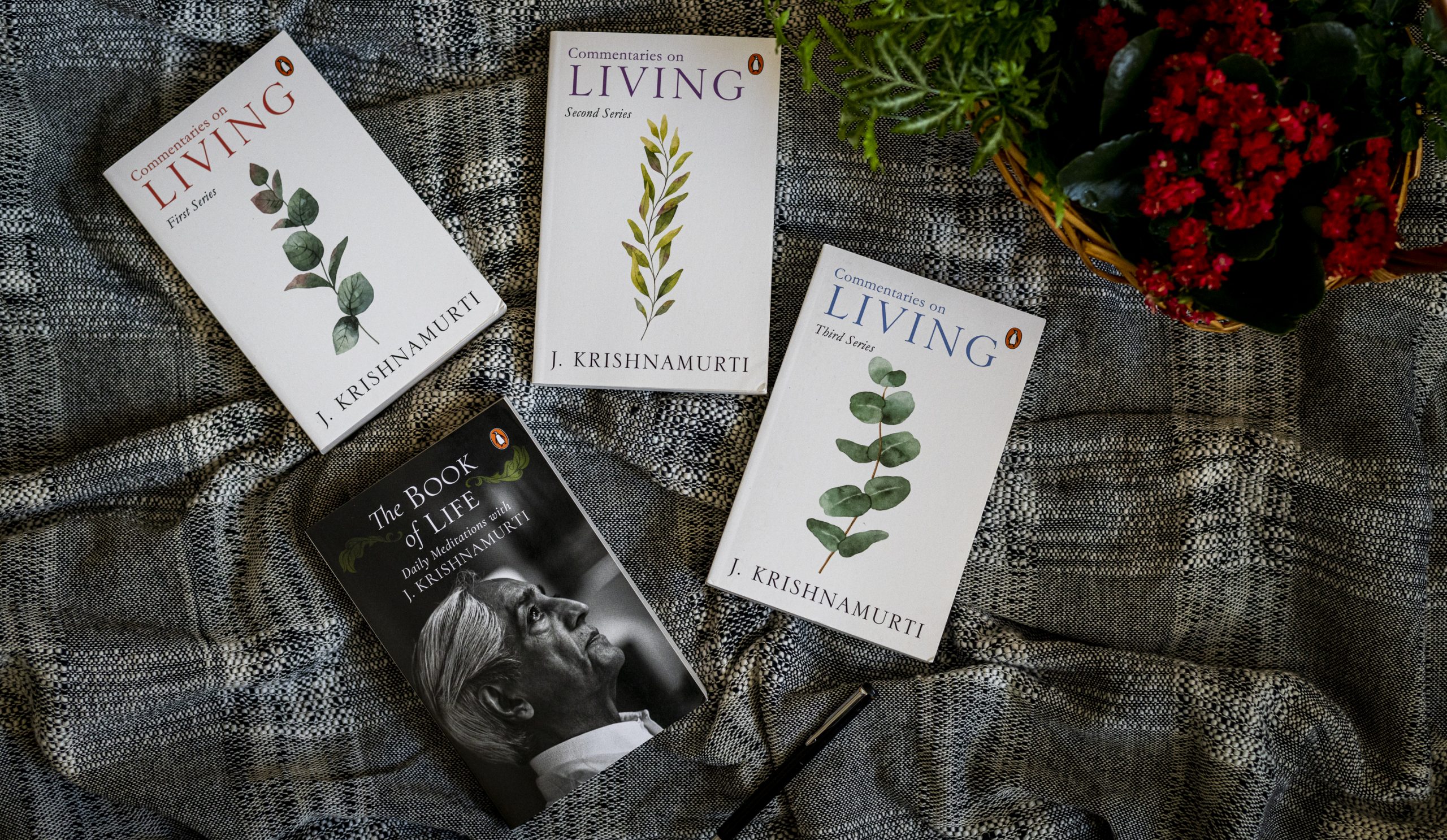
In a world teeming with ordinary men there is sometimes an extraordinary soul that streaks across the horizon like a shooting star. J. Krishnamurti was a man who stood tall at the other end of the spectrum. While wars raged across the world over religious differences, he spoke about renouncing all religion. When people were frantically pushing forward in the race towards their aspirations, Krishnamurti made them pause and look within. Drawing young listeners towards his perspective as well as inspiring the elderly, he travelled the world and connected with many through his talks and books. In 1961, Aldous Huxley- one of his many renowned admirers- wrote that listening to Mr. Krishnamurti was ”like listening to the discourse of a Buddha.”
Read on the know 10 things about the man who changed the way we look at life-
- Jiddu Krishnamurti was born on May 22, 1895 in Madanapalle, a small town west of Chennai, to devout Brahmin parents. His father, Jiddu Narayania, was a Theosophist associated with the Madras office of the Theosophist Society.
- In 1909, at the age of fourteen, J. Krishnamurti became the protege of Annie Besant, a political and social reformer who also served as the president of the Theosophist Society. This development changed the course of Krishnamurti’s life as Besant proclaimed him a saviour or World Teacher and took the young protege to England where he was educated privately and groomed for the role of World Teacher.
- Krishnamurti experienced life in different ways while receiving his education in England and at the Sorbonne in Paris as he travelled in Europe and the United States with Annie Besant.
- In 1911, Mrs. Besant founded the World Order of the Star of the East with Mr. Krishnamurti at its helm. His early visits to New York in the 1920’s sparked controversy as the city’s tabloids created sensational stories about the ‘saviour’ and his zealous followers.
- It was in 1929 that J. Krishnamurti broke away from the order and awakened to his mission to set human beings ”absolutely, unconditionally free.” He rejected the notion that a cult leader could take people towards salvation and in light of this belief, decided to disband the organization.
- In another life-altering move, Krishnamurti renounced all organized religions and ideologies based on the belief that prescribed teachings obstructed self-awareness and consequently took people away from self- knowledge.
- A revered teacher and philosopher, J. Krishnamurti maintained physical discipline with a vegetarian diet and regular practice of yoga. A teetotaller and non-smoker, he dressed in Western suits or traditional Indian wear according to his surroundings as he travelled the world giving talks and inspiring renowned leaders and thinkers.
- Krishnamurti established the principal Krishnamurti Foundation in 1969 in Ojai, a resort town in California, and took on the responsibility of being chairman of the board. The foundation also operated the Oak Grove School where students received training in regular academic subjects while being encouraged to think independently.
- Krishnamurti’s message to the world was based on an emphatic pursuit of unflinching self-knowledge. He believed that people must take up the challenge of exploring within themselves to understand their own psyche. It was this self- knowledge, unadulterated with external influences of religion, society and politics that, he believed, would change society for the better.
- Despite his failing health, J. Krishnamurti continued to share his philosophy with the world till the age of 90 when he lost his battle against cancer and breathed his last at his residence at the Krishnamurti Foundation in Ojai on 17th February 1986.
In his books, J. Krishnamurti delved deep into the tangled net of ideas, organizational beliefs and psychological mindsets in which humanity is caught. In his three-volume series on Commentaries on Living with over fifty essays in each volume, Krishnamurti explores topics as diverse as knowledge, truth, fulfillment, meditation, love, effort, seeking life and death and education.









